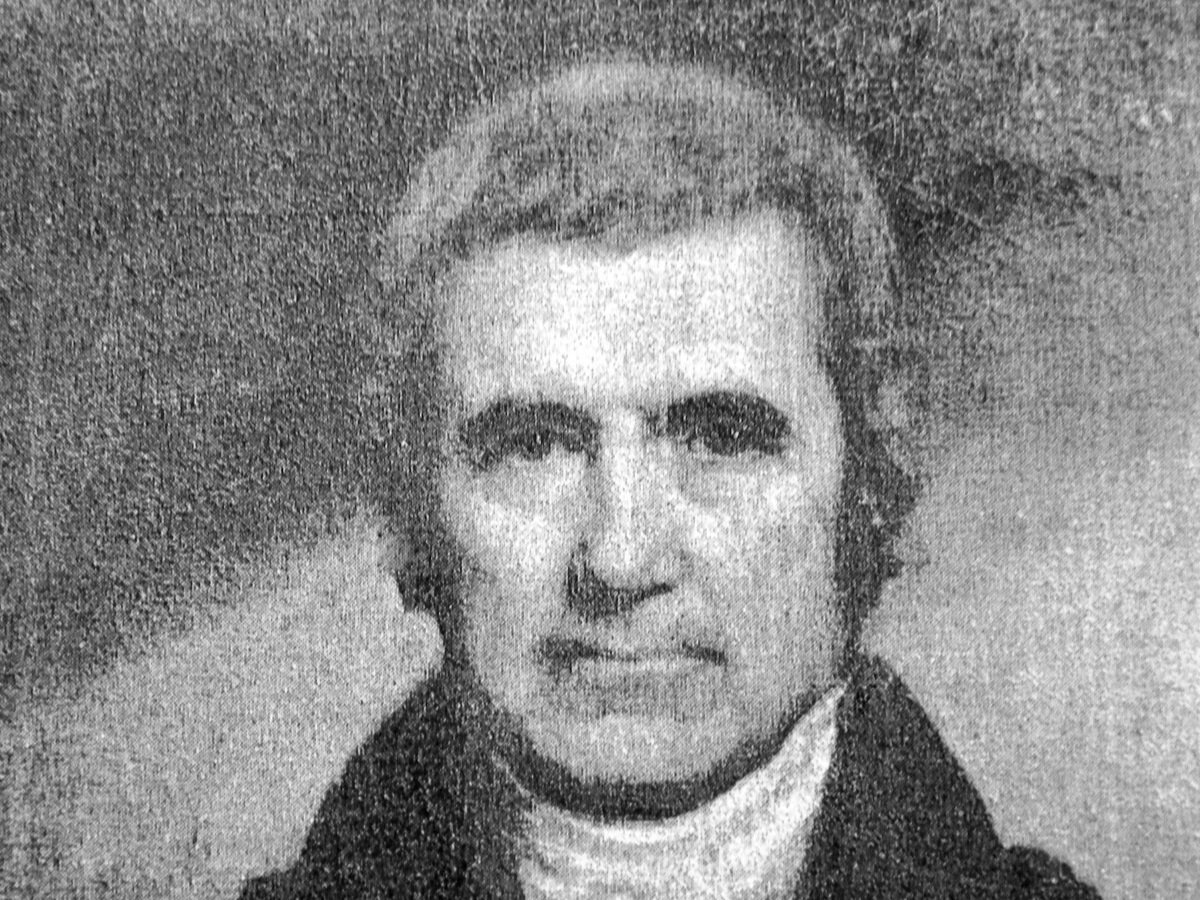
John Marshall
After serving in the Revolutionary War, John attended the College of William and Mary where he studied law. After completing his studies John Marshall was admitted into the Virginia bar, and soon afterward he became active in politics. Marshall served in the Virginia House of Delegates until 1796. A short time later, he was appointed minister to France. Then in 1800, President John Adams appointed him to the position of secretary of state. A year later, Chief Justice Oliver Ellsworth resigned and Adams nominated John Marshall. Marshall would serve as both secretary of state and chief justice for the last 6 weeks of Adam's administration.
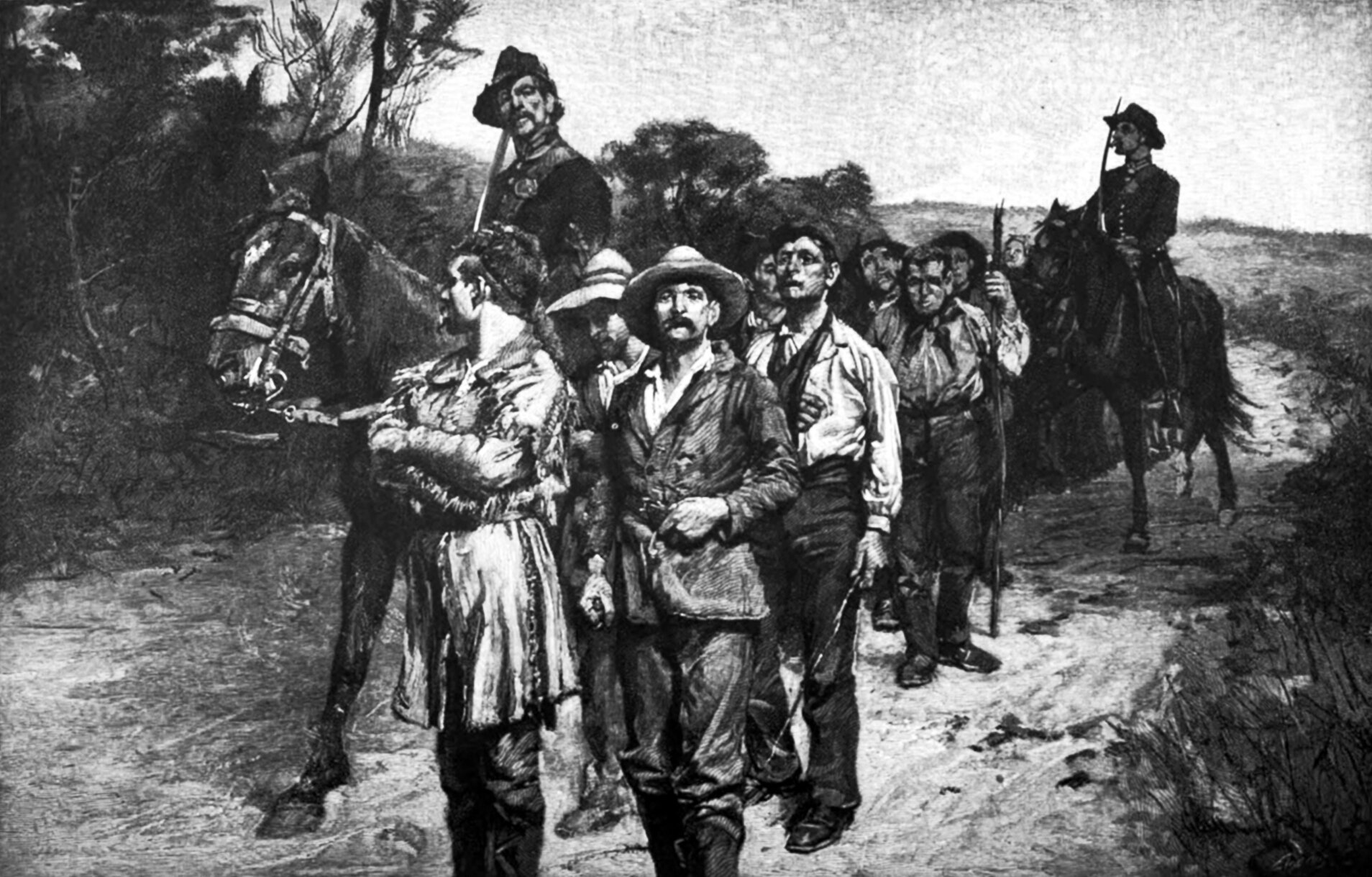
Kansas Nebraska Act of 1854
The Kansas Nebraska bill set off an enormous battle in Congress. It was led by Stephen A. Douglas who was a Democrat in the Senate from Illinois, and Alexander H. Stephens in the House of Representatives. Douglas took full credit for its passing the bill, boasting that the bill never would have passed it it were not for him. He said,”I had the authority and power of a dictator throughout the controversy in both houses.” The legislation allowed for the residents of both Kansas and Nebraska to have the opportunity to decide for themselves if they did or did not want slavery. It placed Kansas to the west of Missouri which was already a slave state, and it placed Nebraska to the west of the free states of Minnesota and Iowa.
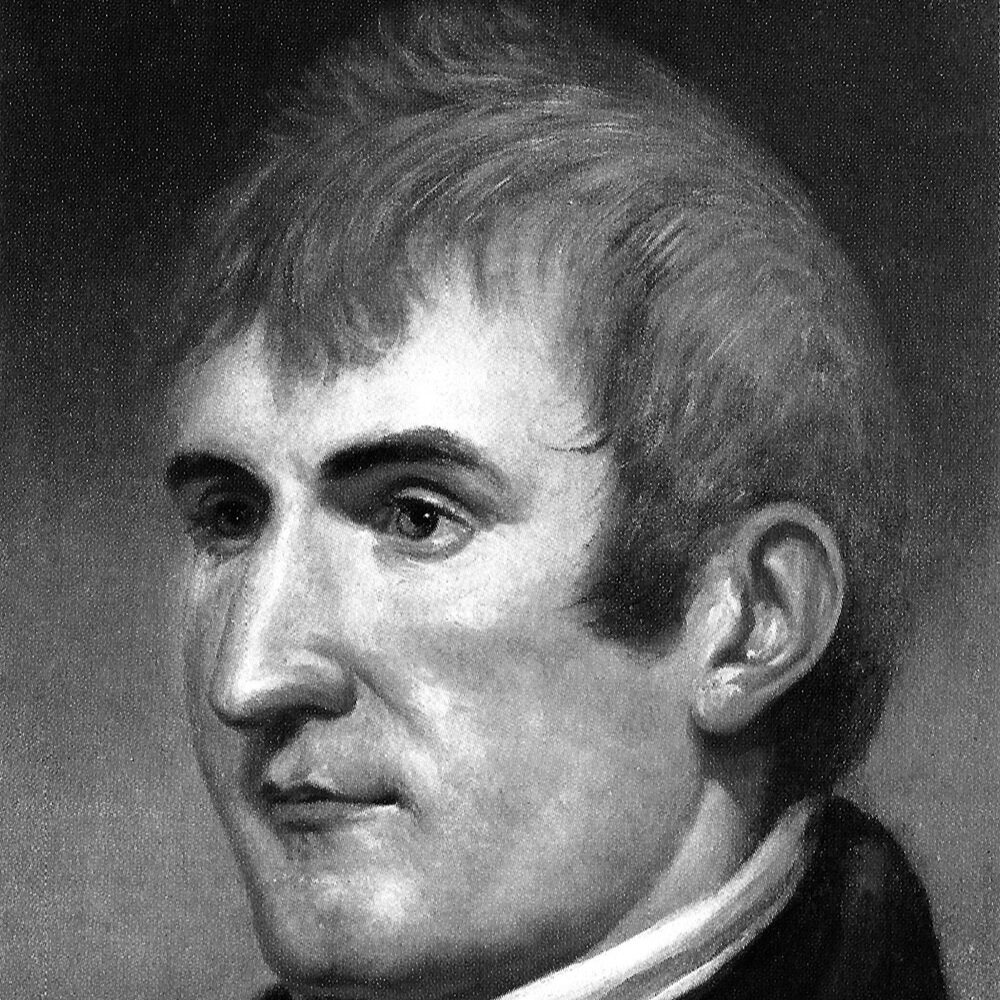
Lewis and Clark
President Thomas Jefferson commissioned Captain Meriwether Lewis to explore the western portion of the United States. Captain Lewis chose his good friend Lieutenant William Clark to serve as co-captain of the expedition that would be called the U.S. Army Corps of Discovery. The primary reason for the expedition was said to be scientific. However, many believe that we needed to show a presence in the recently acquired Louisiana Purchase territories that would eventually evolve into 15 states, and two Canadian provinces. Also, there was a need to open up trade routes. Not only would they survey the new territories, but they would also make a detailed study of the plants and animals that they encountered.
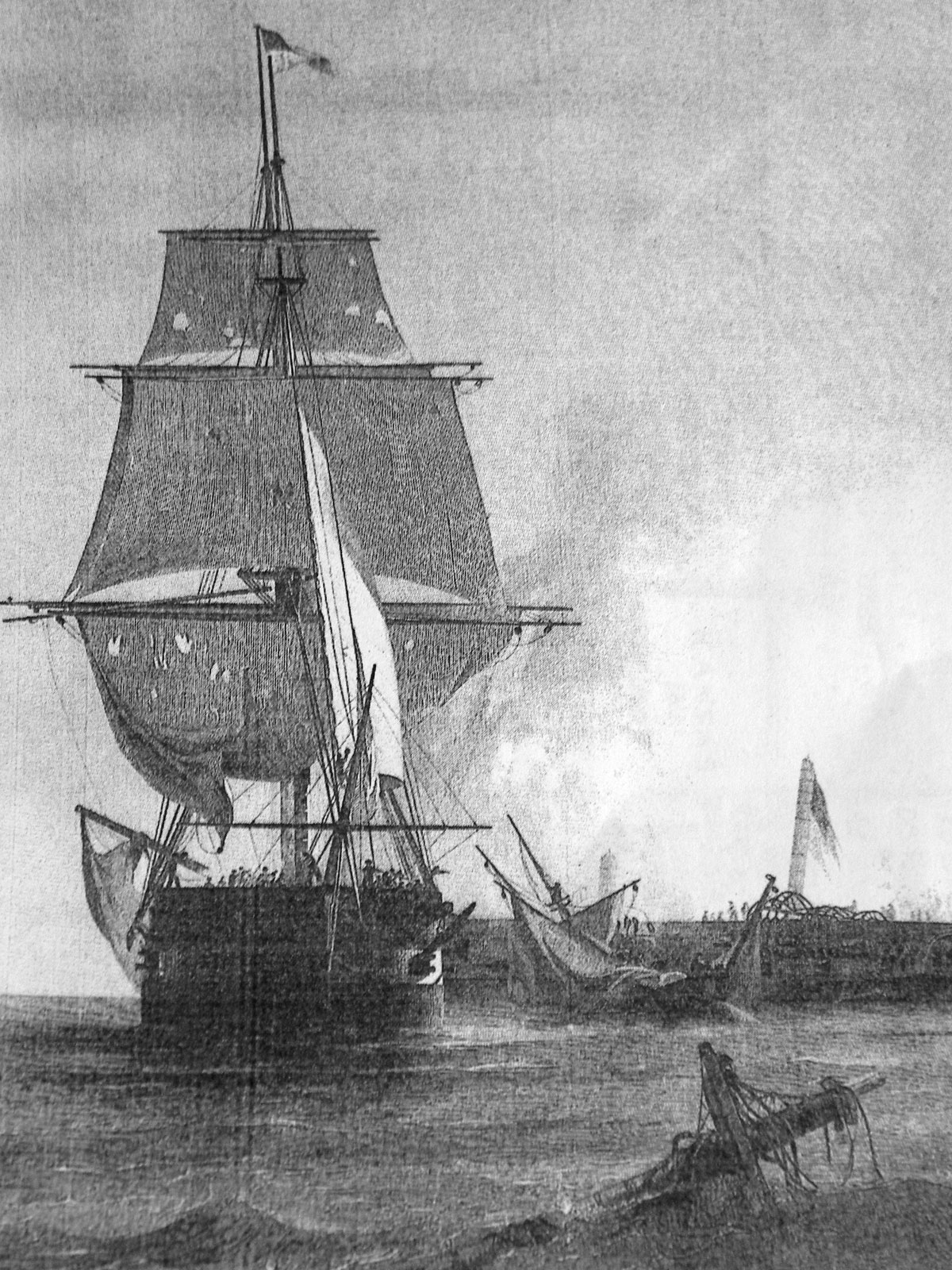
Manifest Destiny
The idea of constantly reaching out for more and more territory in the west was first called Manifest Destiny by John L. Sullivan. Sullivan was editor of The Democratic Review. He stated in his essay that it was our right of Manifest Destiny to spread over and possess the whole continent, and that that right was God given (Providence). The idea of Manifest Destiny was quickly accepted nationally by writers and politicians alike.
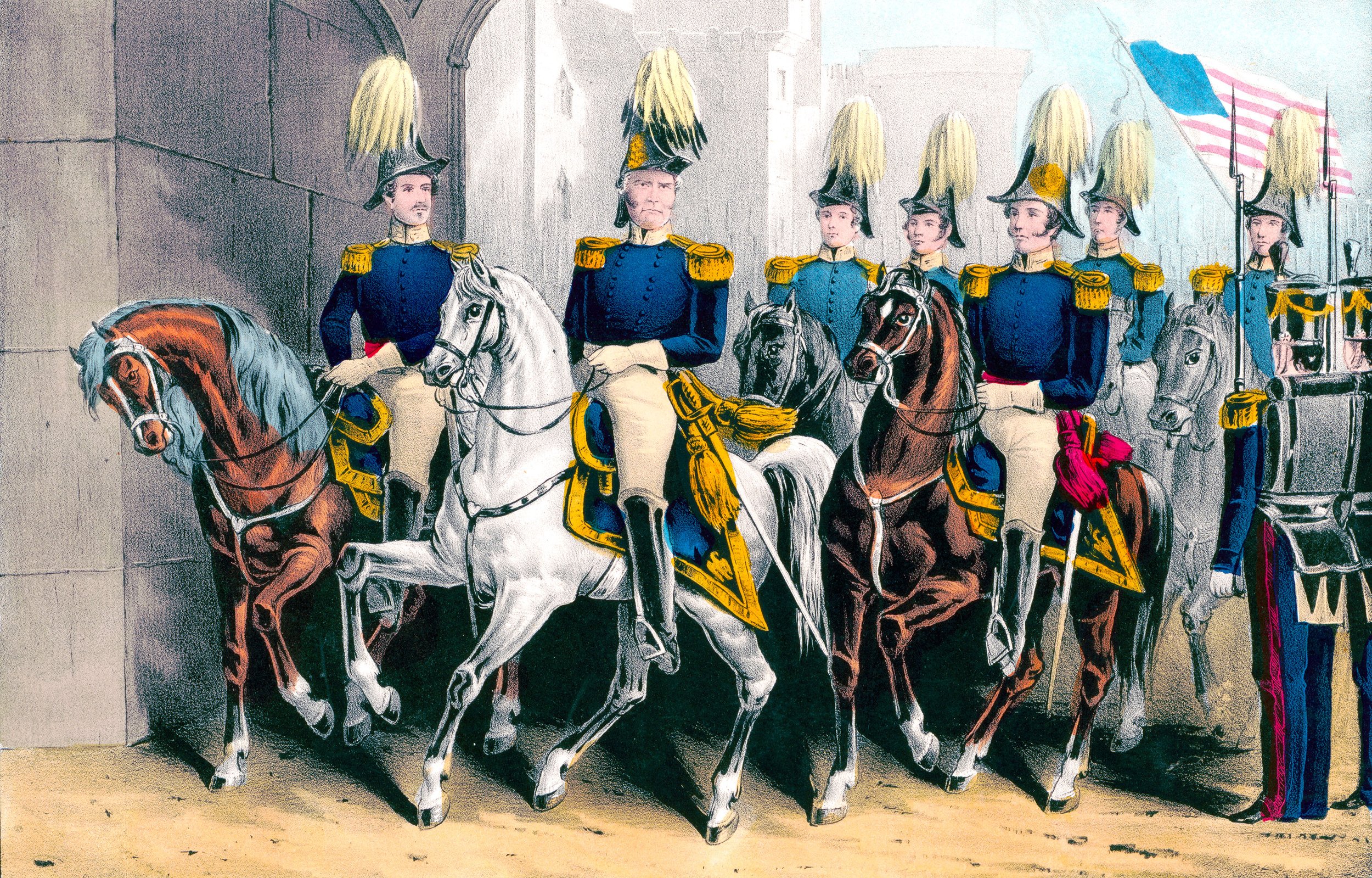
Mexican American War
James Knox Polk defeated Henry Clay in 1844, in a very close election. Then on July 4, 1845, Texas was admitted into the United States as a slave state. However, Mexico still refused to recognize Texas independence. President Polk was a follower of Andrew Jackson's policies and he immediately came out in favor of expansion. President Polk wanted more territory than just Texas. He wanted to control all of Spanish North America. The quick annexation of Texas startled Mexico, which now understood that the United States had an insatiable desire for additional territory. Before long, the two countries were at odds over the location of the border between the two countries. The Texas Democrats demanded all of Texas to the Rio Grande River, while Mexico insisted that the border was the Nueces River.
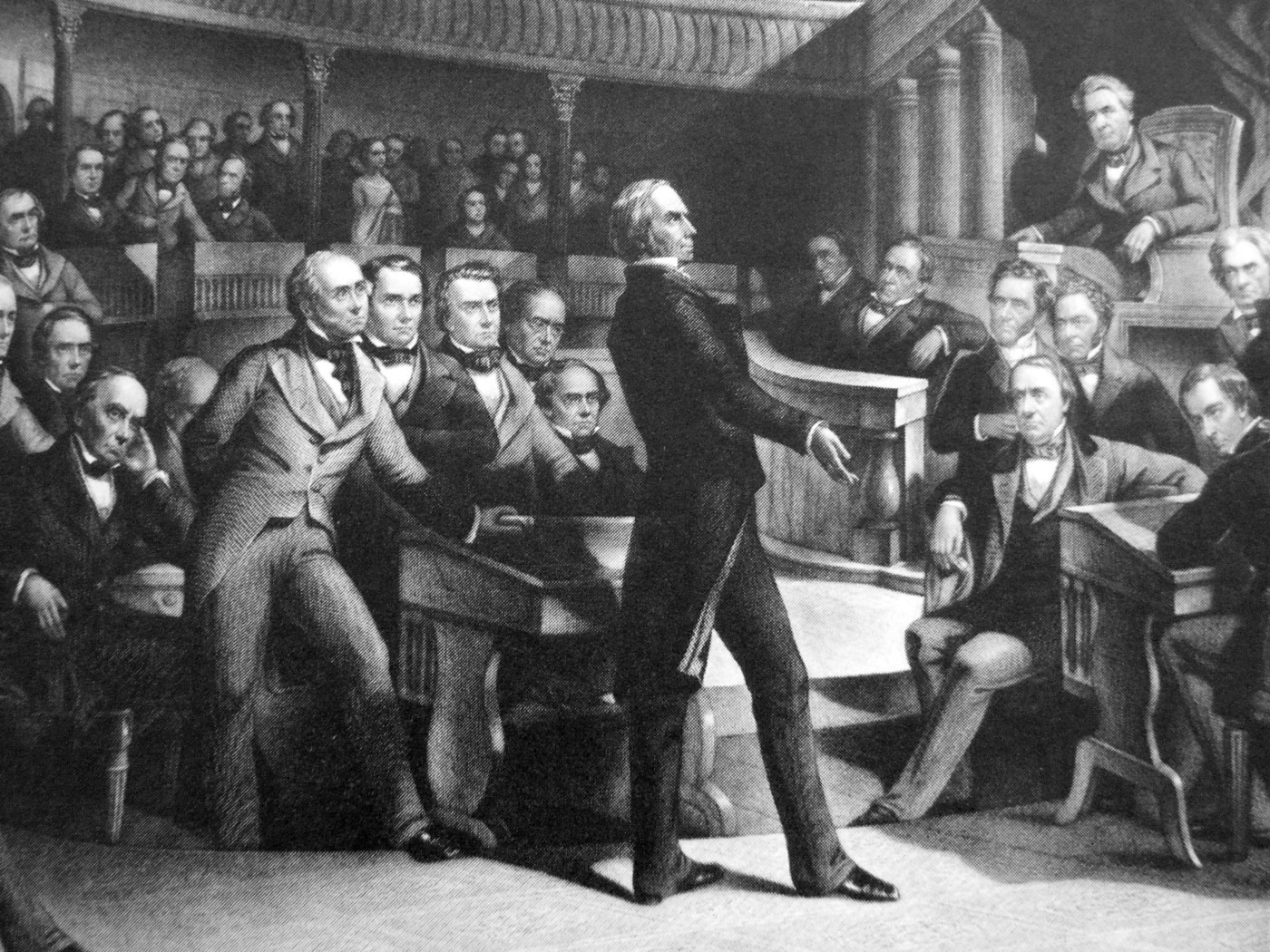
Missouri Compromise of 1820
Louisiana, Indiana, Mississippi, and Illinois were all admitted into the Union between the years 1810 and 1820. The Northwest Ordinance had barred slavery from the territories north of the Ohio River. However, the areas that had been acquired in the Louisiana Purchase did not have a policy. This would all have to change when Missouri and Alabama both sought statehood in 1819. However, Missouri wanted to become a slave state. If its statehood were approved it would become the first slave state west of the Mississippi River. At the same time it would upset the numerical balance between slave and free states. It would not take long before the politicians realized that the issue was the type of situation that would require compromise. However, no one seemed to want to compromise.
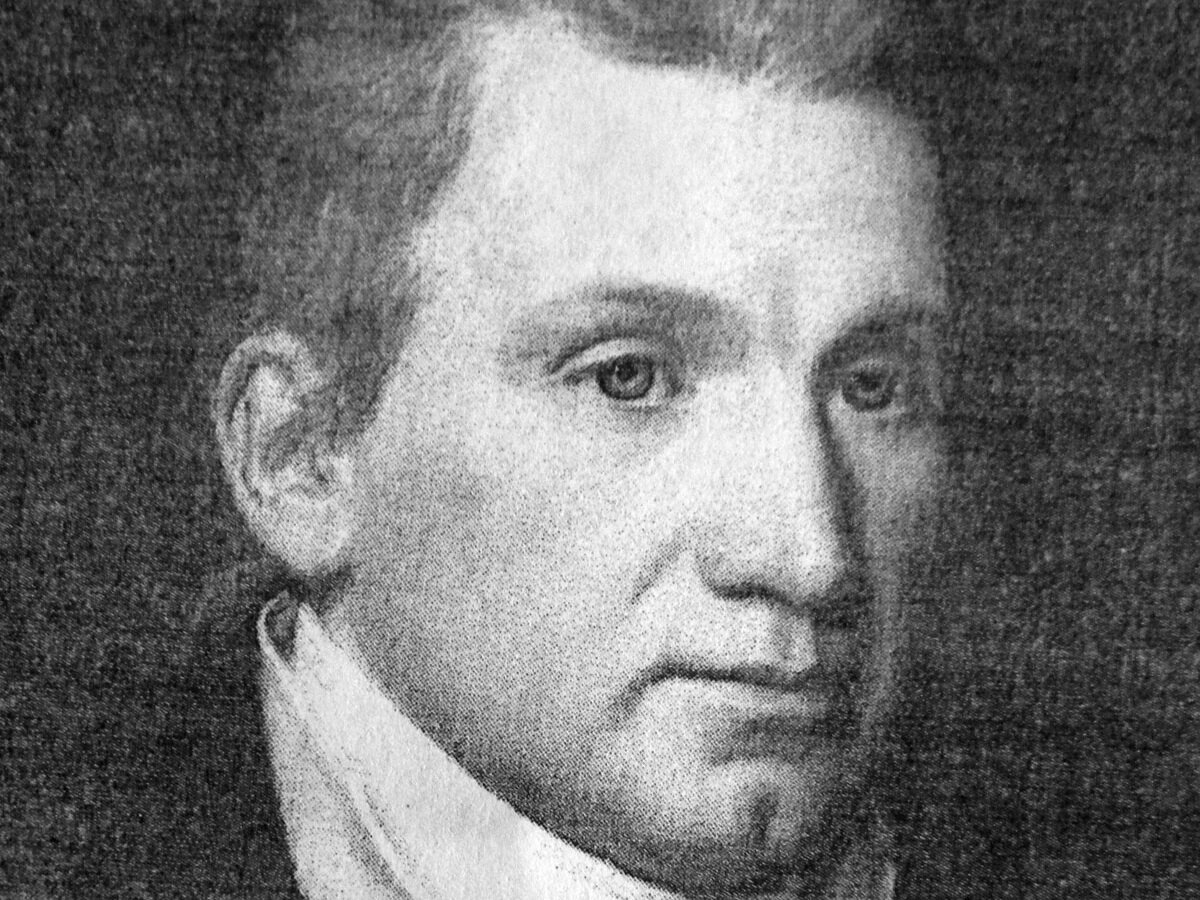
Monroe Doctrine
In 1817, James Monroe replaced James Madison as President of the United States. Monroe would be the last of what has been called the Virginia Dynasty, a 24 year dynasty that included Jefferson and Madison. One of the first things President Monroe did was appoint John Quincy Adams as his secretary of state. The two of them quickly made it known that they were more concerned about foreign matters than domestic ones. They quickly proved it by acquiring Spanish Florida by treaty.

Northwest Ordinance
The United States had acquired the Ohio Valley under the Treaty of Paris in 1783. At this time, the local Native Americans rejected the United States authority over what they perceived as their lands. They desperately wanted to maintain their lifestyle. Then almost simultaneously there was a rush of 100's of settlers onto sacred Native American hunting grounds north of the Ohio River. The Northwest Ordinance addressed many of these problems when it was enacted by Congress until July 13, 1787. It laid out the procedure for federal administration of the Northwest Territory. It also laid out a procedure for the admission of new states.
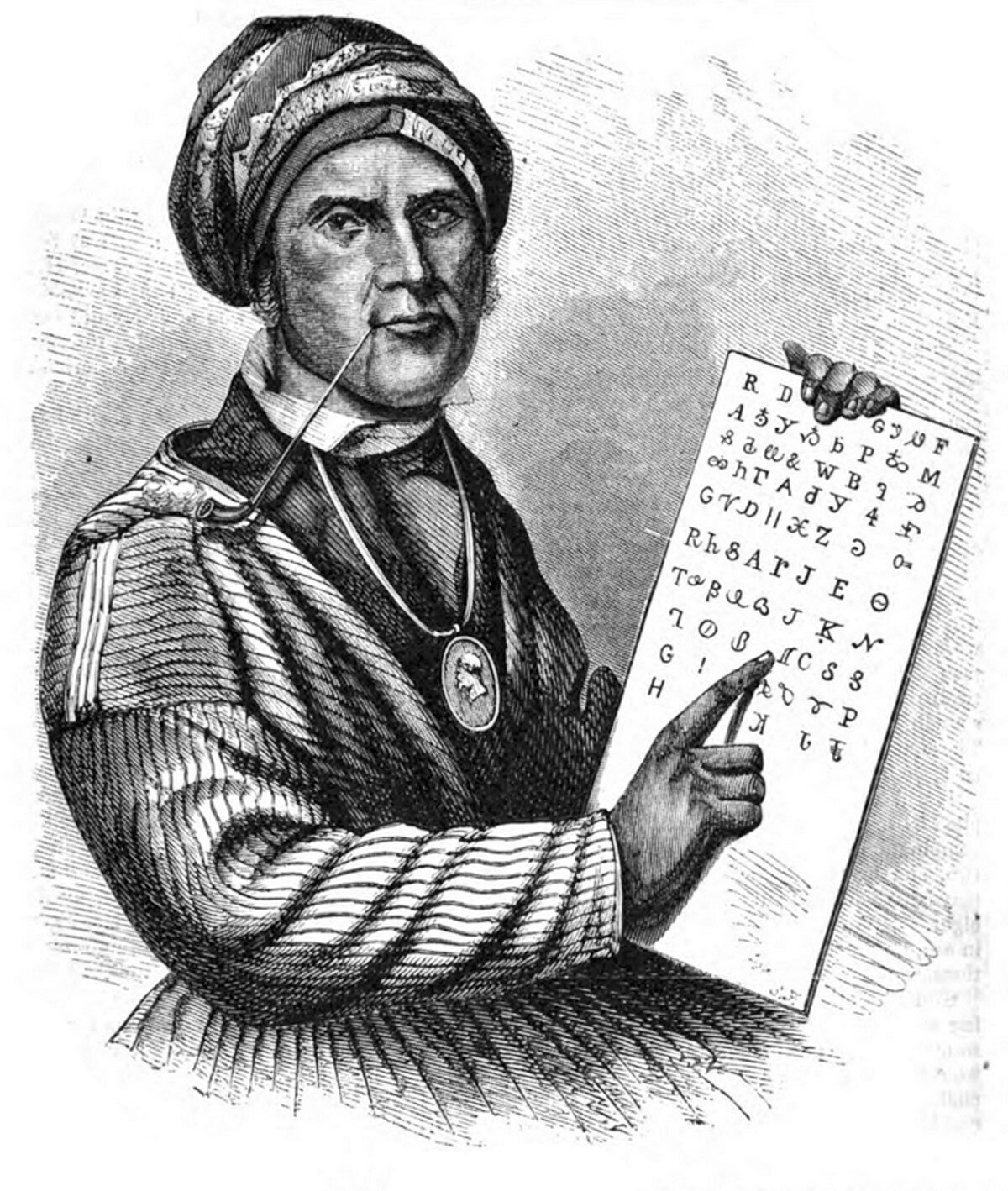
Sequoyah
Sequoyah had a lot of contact with white settlers at the trading post and he became obsessed with the fact the the whites could write and read their language. He called the paper that they wrote on “talking leaves.” After a few years he believed that he could do the same thing with the Cherokee language. He began working on a Cherokee syllabary in 1809, using characters from the Greek and Roman alphabet.
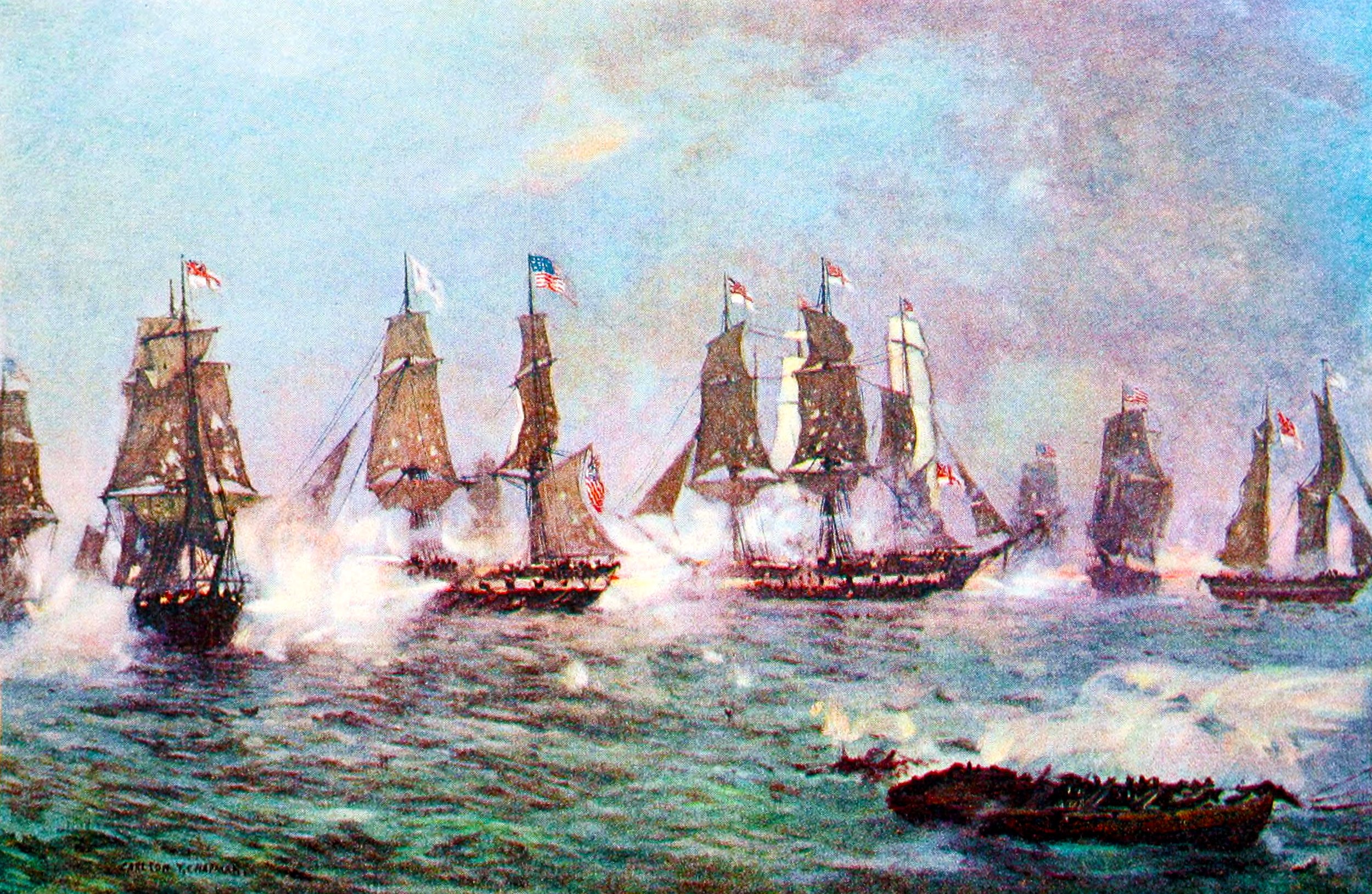
War of 1812
The second administration of Thomas Jefferson was plagued with problems. The worst of which was the constant harassment by the British against U.S. ships at sea. Equally plaguing, was that the British were forcing captured American seamen into forced service or impressment. Shortly afterward, war again erupted between the British and French and the British issued orders-in-council that decreed a blockade of much of the European coast, and barred ships from the French coastal trade. Angered, Napoleon issued his own Milan and Berlin decrees which blockaded the British, and threatened anyone with seizure who obeyed the British orders-in -council. Caught up in the middle of these two countries, Thomas Jefferson asked Congress for an embargo to keep American ships from leaving. However, the Embargo Act of 1809 was a failure and soon repealed because it financially only hurt the Americans.
